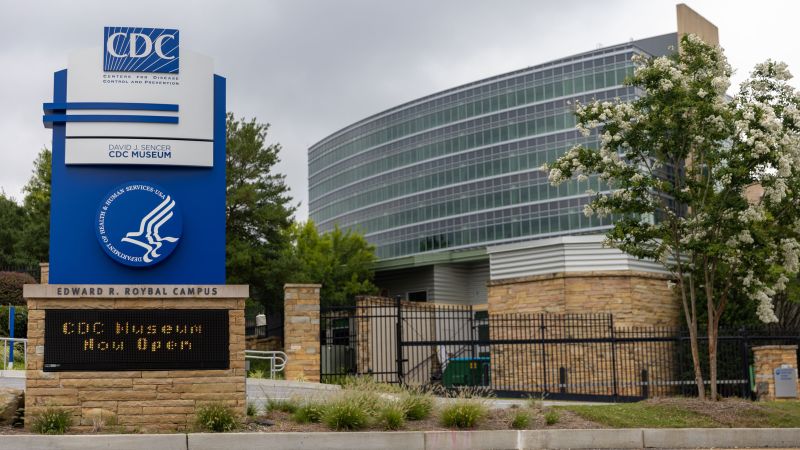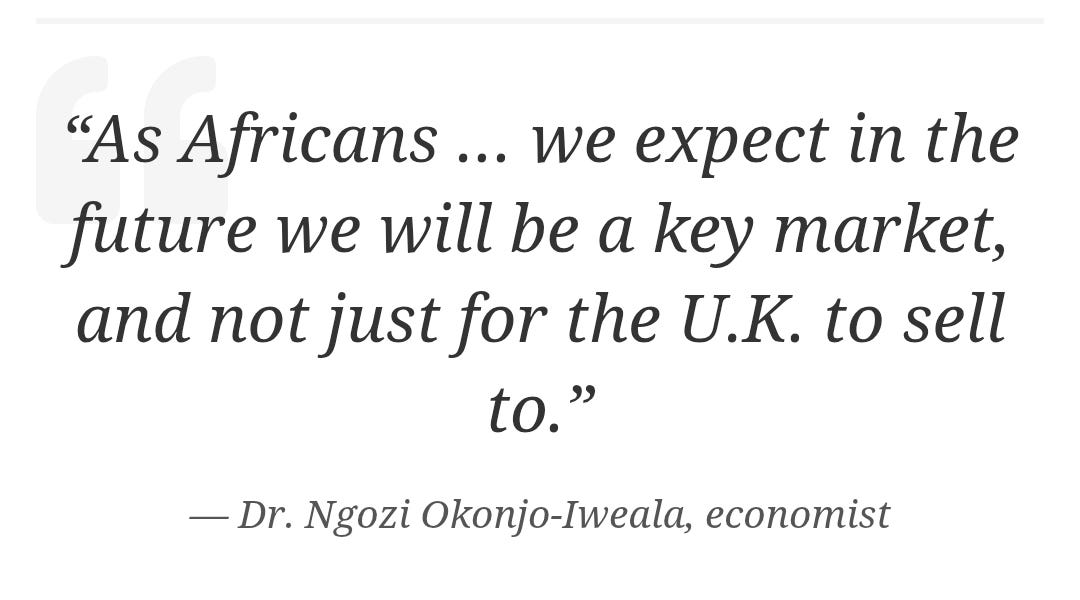Proposals Would Slash Federal Health Agency Spending, Cut Key Kidney Disease Programs
A federal “skinny budget” that slashes about one-third of the US Department of Health and Human Services’ (HHS’) discretionary spending and leaked details of proposed elimination of vital kidney health programs have raised alarm in the kidney community.
A president's budget proposal (1) is rarely accepted as is by Congress, and the current proposal was still being debated in the US House of Representatives at press time. Yet the dramatic nature of the cuts and a leaked proposal (2, 3) set off a flurry of advocacy efforts in the kidney community to protect vital funding and programs. For example, the leaked proposal called for elimination of the Kidney Innovation Accelerator (KidneyX) program, the National Institute on Minority Health and Health Disparities, the Centers for Disease Control and Prevention's (CDC's) National Center for Chronic Disease Prevention and Health Promotion, including the CDC's Chronic Kidney Disease Initiative, and other key kidney surveillance and health promotion programs.
“ASN continues to advocate for policies that improve health, generate knowledge, and strengthen the workforce,” wrote ASN President Prabir Roy-Chaudhury, MD, PhD, FASN, in a “Dear Colleague” letter to ASN members (4), part of ASN's new Kidney Health Advocacy page (https://www.asn-online.org/policy/kidney-health.aspx). “This [HHS budget] proposal is the first step in a very long process, and ASN will advocate at each step.”
To do that, Roy-Chaudhury noted that ASN joined a coalition of more than 525 organizations to raise concerns about the cuts (5). A letter from the Coalition for Health Funding to the House and Senate Appropriations Committees highlights the vital role that the National Institutes of Health (NIH) and other health agencies play in supporting public health and promoting American leadership in scientific discovery.
“We call on you to reject the proposed budget cuts across HHS agencies and centers and instead work together to invest in our nation's health by ensuring that the essential programs that protect and further [Americans’] health remain adequately funded,” the coalition letter states.
A leaked “passback” document shared between the White House's Office of Management and Budget and HHS was the first news to spark concern in the kidney community (1, 2). The proposal outlined a major reorganization at HHS that would include folding the National Institute of Diabetes and Digestive and Kidney Diseases (NIDDK) into a new National Institute on Body Systems. It also called for dramatic budget cuts ranging from 30% to 100% of the budgets of various HHS departments and programs.
“If this goes through as written, it is devastating,” said Daniel E. Weiner, MD, MS, FASN, ASN councilor and professor of medicine at Tufts University, Boston, MA. Yet he cautioned that such passback proposals are usually just a starting point in budget negotiations.
The president's skinny budget proposal, submitted to Congress shortly after the passback document leaked, is usually the second step in the process. That official document confirmed that the administration was seeking to cut about one-third of the HHS discretionary budget, although it contained few details about the cuts or reorganization plans. The next steps will be for the House and Senate to debate and approve a budget proposal, Weiner explained. Then legislators would have to create new government entities and appropriate funds for them, he said.
Weiner said that there has long been bipartisan support for funding NIH and programs focused on kidney diseases. Congress has regularly approved annual increases in the NIH budget appropriation over the past few decades that could be undone by the proposed cuts. That could make the across-the-board budget cuts unpopular with legislators, especially those representing districts with large academic medical centers that rely on NIH funding to support research, Weiner said. For example, recent news reports indicate that The University of Alabama at Birmingham and other research institutes in the state receive almost $400 million in NIH grant funding annually, which helps support about 4400 jobs in the state and contributes $916 million to the state's economy (6). “The scope of the cuts is going to be controversial,” Weiner said. “People, regardless of party, like the NIH, and many congressional districts have a lot of NIH-funded research going on.”
Academic centers across the United States are already reeling from the cancellations of research grants and proposed reductions in funding for indirect research costs like research support staff and equipment (7). The proposed budget cuts could further impact institutions nationwide and have ripple effects throughout kidney research. Weiner noted the potential loss of the institutional knowledge and skills of NIH-funded researchers. Additionally, the abrupt reductions in funding may disproportionately impact early-career researchers. “The risk is that we could lose a generation of researchers,” he said. “That would be devastating to progress and to the role of the United States as the world leader in medical research.”
Beyond their impact on kidney research and care, cuts to US research funding also have the potential to affect the administration's goals of reducing chronic diseases through its “Make America Healthy Again” initiative. Roy-Chaudhury emphasized these concerns in a recent letter to NIH Director Jayanta Bhattacharya, MD, PhD, stating, “Reducing investments in kidney research jeopardizes progress in tackling chronic diseases and runs counter to the administration's stated mission of improving kidney health for all Americans” (8).
Miriam Godwin, vice president of Health Policy and Clinical Outcomes at the National Kidney Foundation, noted that kidney disease is an under-recognized public health crisis and a leading cause of death in the United States, with many people only finding out that they have the condition when they have progressed to a late stage. Godwin said that the proposed 44% cut to the CDC budget and the proposals to eliminate its work to prevent chronic disease and instead focus only on infectious disease could also hamper kidney disease surveillance and prevention.
“It would eliminate CKD [chronic kidney disease] surveillance done by the CDC, and it would eliminate chronic disease prevention, preventative medicine, education, and support for healthy behaviors [provided to] states, territories, and cities,” she said. “That is a fairly shocking magnitude of elimination, particularly given the administration's stance on [reducing] chronic disease.” Weiner corroborated: “Kidney disease is an example of a high-impact chronic disease. It should be a target for intervention.”
ASN also joined as a signatory on a letter from the Ad Hoc Group for Medical Research, which included 510 organizations (9). The group's letter advocates for at least $51 billion in NIH funding for 2026, a 9% increase over the 2025 funding level. “Robust support for medical research makes Americans healthier,” the Ad Hoc Group wrote. “Patients across the country—from urban centers to rural communities—benefit from medical research supported by the NIH, which serves as the foundation for nearly every preventive intervention, diagnostic, treatment, and cure in practice today.”
The consolidation of NIDDK into a new National Institute on Body Systems mimics a congressional proposal from 2024 to combine NIDDK with the National Heart, Lung, and Blood Institute and the National Institute of Arthritis and Musculoskeletal and Skin Diseases (10). Although ASN supported the idea of restructuring NIH to break down silos and reduce the fragmentation of kidney research across agencies, it opposed the proposed consolidation because of the potential to deprioritize kidney research (11). Weiner noted that kidney diseases may fit better in a new institute with cardiovascular and metabolic diseases. However, he also stressed that the key in any restructuring plan would be to ensure that kidney diseases would not be de-emphasized in such a move. “There are opportunities and risks,” Weiner warned.
Godwin echoed that concern, saying the kidney community is working to elevate recognition of kidney diseases and does not want to see them relegated to a “bullet point” in a larger institute. Godwin said that the National Kidney Foundation is advocating for kidney-focused programs to find a new home in the proposed Administration for a Healthy America to support the administration's goals of reducing chronic diseases. She noted that the current proposal is preliminary. Hence, it is not yet clear whether the administration will ultimately eliminate all of the programs or if it might reconstitute some in a different form. “We want to understand what is going to take place and do our best advocacy…to keep the programs, initiatives, funding important to our community,” Godwin said.
ASN also joined a coalition of research, public health, and academic organizations calling for greater transparency and public debate before any large-scale layoffs or reorganization of US public health and science organizations (12). In a letter to the House and Senate Appropriations Committees’ leaders on May 8, the coalition noted that the current ambiguity and lack of transparency were affecting staff morale and organizational efficiency at government science organizations. It also suggested that the current actions fall short of standards expected of government and private employers.
“We request the immediate public release of these plans and robust public and expert consultation before any irreversible actions are taken,” the coalition wrote. “Without transparency, stakeholders vital to the scientific and health ecosystem, including researchers, scientists, public health professionals, [health care] providers, academic institutions, patient advocacy groups, and organizations dedicated to scientific integrity, are left unable to provide crucial feedback or prepare for potential disruptions. We risk undermining long-term research projects, interrupting essential public health detection, monitoring and reporting, damaging our national capacity to respond to health crises, and jeopardizing the scientific workforce pipeline.”
Weiner recommended that nephrologists and other members of the kidney community pay attention to the ongoing budget and reorganization debates and respond strategically. For example, he suggested reaching out to congressional representatives to emphasize the importance of research to one's district and state and how the cuts could harm their constituents.











